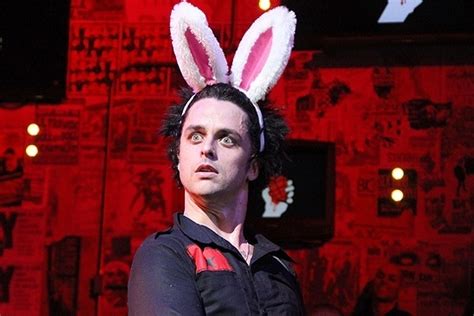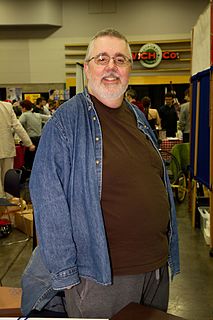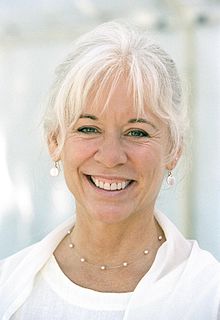A Quote by Mark Zuckerberg
When Facebook was getting started, nothing used real identity - everything was anonymous or pseudonymous - and I thought that real identity should play a bigger part than it did.
Related Quotes
We could not have launched Causes without Facebook Platform, providing real identity and real friends. Facebook Platform was created so that experiences that are inherently social in our off-line lives could be brought online as an authentic expression of who we are; Facebook did this best in revolutionizing photo sharing.
All over the world today people have a very strong desire to find a sense of identity, and at the same time that's coupled with the rise of absolutely absurd wars that relate to ethnic identity. Perhaps there is something deeply ingrained in people that relates to a sense of belonging, and without that, identity doesn't seem as real as it should.
When I started playing solo 10 years ago, I had some ham-fisted idea about trying to subvert the "singer-songwriter" tag/genre, and I tried to obscure my identity into the identity of a collective or band or whatever. That's part of the reason that I used to play with backing tapes and why so much of my early stuff was so awash in tape hiss and echo noise.
The identity of just one thing, the "clash of civilization" view that you're a Muslim or a Hindu or a Buddhist or a Christian, I think that's such a limited way of seeing humanity, and schools have the opportunity to bring out the fact that we have hundreds of identities. We have our national identity. We have our cultural identity, linguistic identity, religious identity. Yes, cultural identity, professional identity, all kinds of ways.
I think I started writing about identity, and I used to believe that identity is the story. But now I'm not so much subscribed to that. I mean, with 'Mr. Fox,' it has a feminist agenda as well. And so, as I sort of been away from writing about identity, I still feel that kind of tug of roots and, you know, cultural background.
As I see it, our revolutionary task is to destroy phallic identity in men and masochistic non-identity in women--that is, to destroy the polar realities of men and women as we now know them so that this division of human flesh into two camps--one an armed camp and the other a concentration camp--is no longer possible. Phallic identity is real and it must be destroyed. Female masochism is real and it must be destroyed.
I see fashion as a proclamation or manifestation of identity, so, as long as identities are important, fashion will continue to be important. The link between fashion and identity begins to get real interesting, however, in the case of people who don't fall clearly into a culturally-recognized identity.



































